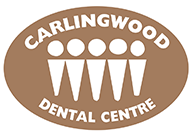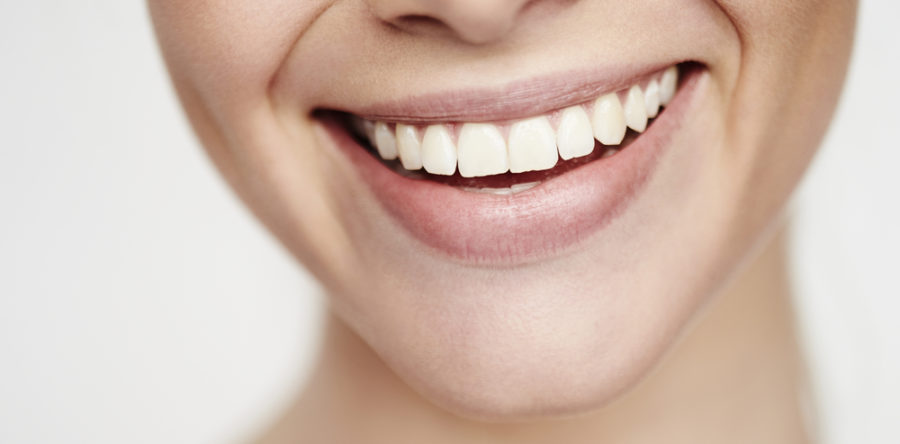Looking for a full-time dentist. Contact Shauna Monaghan at Carlingwood Dental Centre.
Many of us know that plaque commonly forms in our mouth and builds up along our teeth, which is why brushing is so important. But even with the most rigorous oral hygiene, it still needs the professional equipment and expertise of a talented dentist to eliminate any of your oral issues and keep plaque at bay so that it doesn’t develop into more severe conditions over time.
But what is plaque, how does it develop and what does it do to our teeth? Here’s the lowdown.
What Is Plaque?
Plaque is made up of a film of bacteria that’s sticky, colourless and lingers on our teeth. This sticky film is what is constantly forming on our teeth after we consume food or drinks. Even though you can’t always see it, you know it’s there if you run your tongue along your teeth before brushing.
Why Is Plaque So Harmful?
Plaque is not only harmful for your teeth, but it’s harmful for your entire body since it consists of nasty bacteria. Without brushing everyday and taking good care of your oral hygiene, you can easily give bacteria the chance to flourish. When you skip a night of brushing and decide to forego it until the next morning, that lingering bacteria activates your entire immune system and places it in a chronic state, which is harmful and taxing on your body.
When you skip brushing and flossing, you make your body work overtime in order to fight off the influx of bacteria, so make sure to always make time to brush and floss.
How Does Plaque Form In My Mouth?
Bacteria exist in our mouth and thrive when food and drinks enter. It feasts off of particles and simple sugars that linger in the mouth. Just like anything, when they feast, they must excrete their waste, which is what leads to bad breath, tooth decay, cavities and a number of other health issues. After 48 hours, if that plaque hasn’t been brushed away, it starts to harden and calcify along the teeth, which makes it very difficult to remove.
How To Remove Plaque And Prevent It?
Brushing and flossing every single day is your first line of defense; but brushing once a day isn’t enough. You should be brushing at least twice a day, or after meals. The sooner you can get rid of plaque – the better. When you skip out on flossing, just remember that you’re leaving behind the majority of this bacteria-rich plaque for your body to fight off. So do yourself a favour and make it a regular part of your oral cleansing routine, and never forget to visit your dentist when they remind you it’s time for a thorough cleaning.
If you’re concerned about plaque build up, don’t hesitate to contact our team of expert dentists to learn about more ways to help eliminate it.


